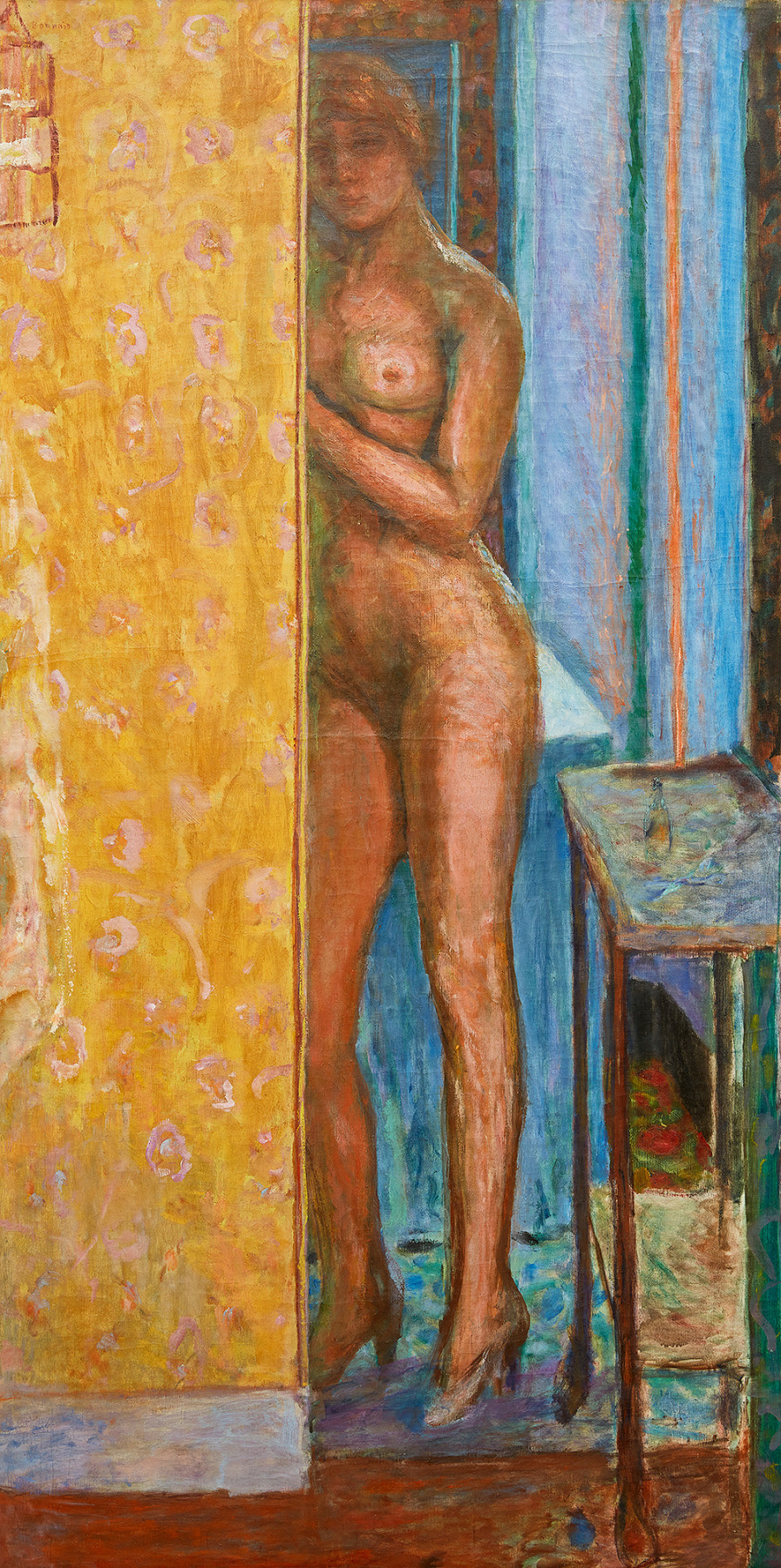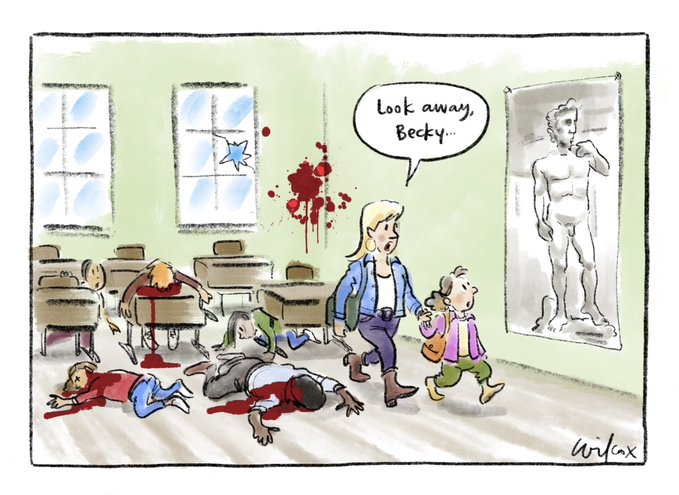..I took the train to Sacramento. I thought about killers and about their victims, too. I thought about how I must be the only whore and the only romantic (which is to say, the only detective) on the entire train, or at least in my compartment. Did that mean the rest of the train was full of killers, or, at least, of accomplices? I was on my way to spend the weekend with Harvey. We had a small fight before I left, because my top surgery was coming up, and I said that if I couldn’t get the surgery I’d probably kill myself, and they said that was obsessive, they were worried about me, and I said but that’s why I’m getting the surgery, so I don’t have to kill myself, so I can be happy. It took me a long time to realize that I live, more than most people, entirely by instinct, in the murky sea of my instincts (my oceanic body), and that I never weigh the pros and cons of my actions, never think deductively, never imagine the forking paths my life could take, though in retrospect those paths, those labyrinths, become objects of dread and fascination (or is it that, instead of paths, life-in-retrospect becomes nothing but a series of crumbling, hallucinatory towers, a drowned dream, a womb that’s also a grave?) My reality is my body, and the other way around. When I was younger, I thought this meant I didn’t have dreams, since I didn’t have plans, bourgeois plans, but in fact it meant I was a consummate dreamer, that I dreamt with my eyes open. I became an alcoholic for twenty years entirely in an instant, without premeditation, just like I moved to South America for no real reason, or for entirely romantic reasons, just like I let Rebecca move in with me after our first date, just like one day I started taking hormones without thinking about it. I feel bad for people who aren’t like this, like me. I feel closer to a flower, a supernova, a subway schizophrenic, than to a res cogitans, a thinking thing. On the train, I read No Longer Human by Osamu Dazai and watched the sunset.
Read more

